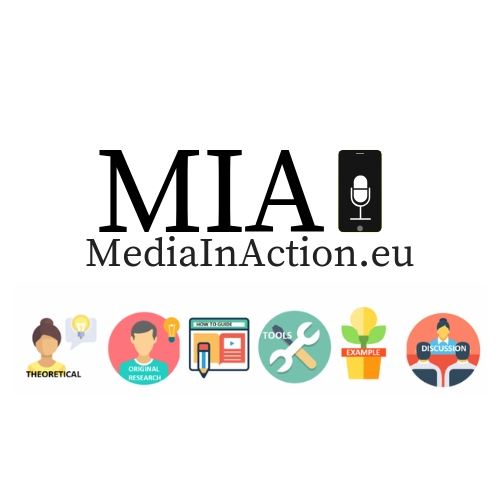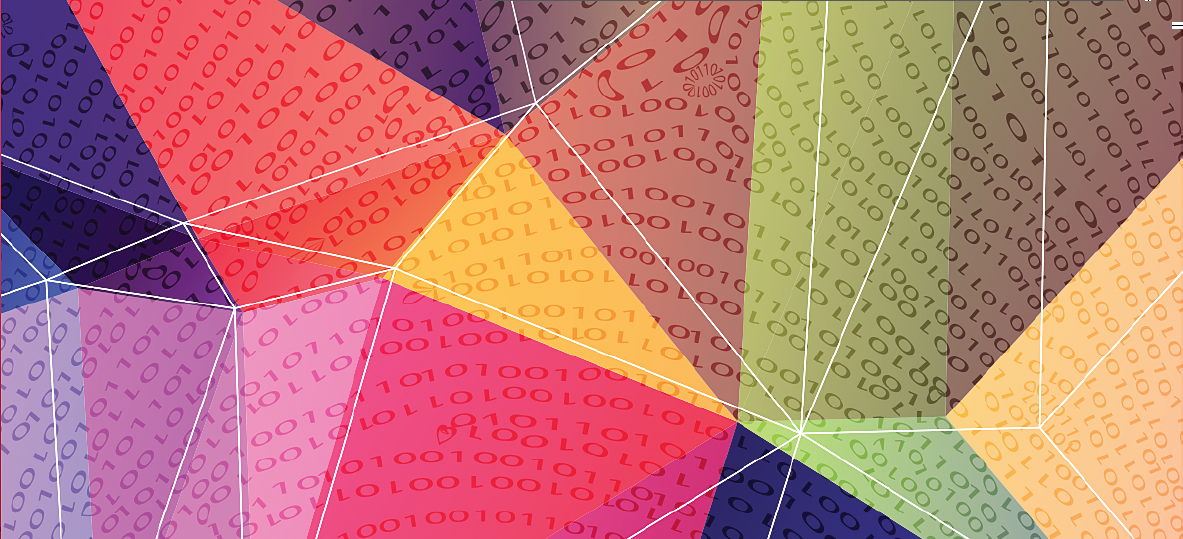A post I wrote for the Taccle3 project output on STEM attitudes and encouraging girls and young women to engage in STEM…
I recently came across the article The Rise of Feminist Hacker Spaces and How to Make Your Own which describes the history and creation of Double Union hacker space in San Fransisco. A hacker space is another term for a maker space, an environment in which people are encouraged to be creative and to make something from first principles, to build something from its most basic components. That something could be as ambitious as an all singing all dancing robot or it could be an item of clothing.
It got me thinking that there must be other groups doing great things for inclusivity, so I went searching for some. First I found Mz Baltazar’s Lab, and then an article about the rise of feminist hackerspaces in the US published by The Journal of Peer Production. The article explains the phenomenon in more depth than I ever could and is worth a read if you’ve got the time.
Here at Taccle we’re not expecting teachers to go out and start a maker-space, you’ve got enough on your hands as it is, but you may find inspiration for yourself, your groups and classes in the great projects below. At the end of this blog post we have added links to some online resources to help keep your practice inclusive.
Mz Baltazar’s Lab – Austria
This intersectional feminist makerspace is an inclusive and accessible way for everyone to get involved with making and computing.
http://www.mzbaltazarslaboratory.org/about/
Hacker Moms – San Francisco
“We give mothers of every gender the time and space to explore DIY craft and design, hacker/maker culture, community workshops, entrepreneurship and all manner of creative expression — with on-site childcare. Our HackerSprouts program teaches children the creative process through educational childcare and STEAM-based workshops. HackerMoms creates families that build together.”
http://mothership.hackermoms.org/
Prototype – Pittsburgh
“Prototypers have access to shared tools, space, events, knowledge, and support. All genders and disciplines are welcome to join. ”
https://prototypepgh.com/
Liberating ourselves locally
“Liberating Ourselves Locally (LOL) is a people of color -led, social justice Maker Space in East Oakland. Led by a gender-diverse, majority queer and trans crew of hackers, healers, artists and activists of color,
LOL makes space and resources for community to come learn, play, experiment, and build skills while working on projects they love, for self-determination and community power”
https://oaklandmakerspace.wordpress.com/
Dragon Hall Tech Hub – London

This group is all about “Bridging the Digital Divide” bringing new technologies, coding clubs and opportunities to those who would not usually be able to access them, the focus here is on including marginalised groups including: learning disability; homelessness; mental health; LGBT, BME and young women.
“Dragon Hall has a strong track record of engaging the most vulnerable, disenfranchised children and young people in society, providing activities that promote inclusion, social justice and enable them to realise their potential”
http://www.dragonhall.org.uk/innovation/
Inclusive resources
There are a lot of great projects going on around Europe with the intention of teaching young people to code, to think logically, to make and create. There are a couple of well known schemes you can easily get involved with by signing up online such as Coder Dojo and Code Club. There’s also Girls Who Code.
If you’re not ready or able to sign up for a club there are other freely available resources;
https://imagirlwhocodes.com/ This blog is written by girls and young women who are learning code and want to share their experiences and hopefully inspire other girls
https://www.madewithcode.com/ encourages learning through projects such as designing an emoji and mixing music. Other fun projects are showcased here including making games in Scratch. (The sew-electric projects look great but require additional materials)
Google’s CS First has some 1 hour activities and some longer projects designed to introduce Computer Science https://www.cs-first.com/materials
Lesson Plans
For lesson plans click on ‘Ideas and Resources’ on the Taccle3 Portal page or use the links below…
Taccle3 English language site
Taccle3 Welsh language site
Taccle3 Dutch site
Taccle3 Finnish site
Taccle3 Estonian site
Taccle3 German site
Taccle3 Spanish site



 My panel addressed Digital Creativity and maker skills – the role of teacher education. In my introduction I presented the
My panel addressed Digital Creativity and maker skills – the role of teacher education. In my introduction I presented the 

